
Diurator 10mg Tablet
Manufacturer
Elder Pharmaceuticals Ltd
Salt Composition
Torasemide (10mg)
Key Information
Short Description
Diurator 10mg Tablet is a diuretic used to reduce swelling caused by too much water in the body in people with heart failure, liver disease, or kidney disease. It is also used to treat high blood pressure.
Dosage Form
Tablet
Introduction
Diurator 10mg Tablet helps your body get rid of extra water and salt through urine. It may be used alone or in combination with other medicines as per the dose advised by your doctor. It can be taken with or without food and should be taken at the same time each day. It is best to avoid taking this medicine within 4 hours of your bedtime to prevent having to get up at night to urinate.
Directions for Use
Take this medicine in the dose and duration as advised by your doctor. Swallow it as a whole. Do not chew, crush or break it. Diurator 10mg Tablet may be taken with or without food, but it is better to take it at a fixed time.
How it works
Diurator 10mg Tablet is a diuretic. It removes extra water and certain electrolytes from the body by increasing the amount of urine produced.
Quick Tips
Take it in the morning with breakfast to avoid getting up at night to urinate. Monitor your blood pressure after starting Diurator 10mg Tablet and notify your doctor if it does not lower down. Consult your doctor if you experience dizziness, tiredness, or muscle weakness that does not go away. Take potassium supplements or potassium-rich diet (banana, spinach, coconut water, etc.) as Diurator 10mg Tablet can decrease your potassium levels and lead to dehydration. You may be asked to get regular blood tests done to monitor your kidney function.
Related Medicines
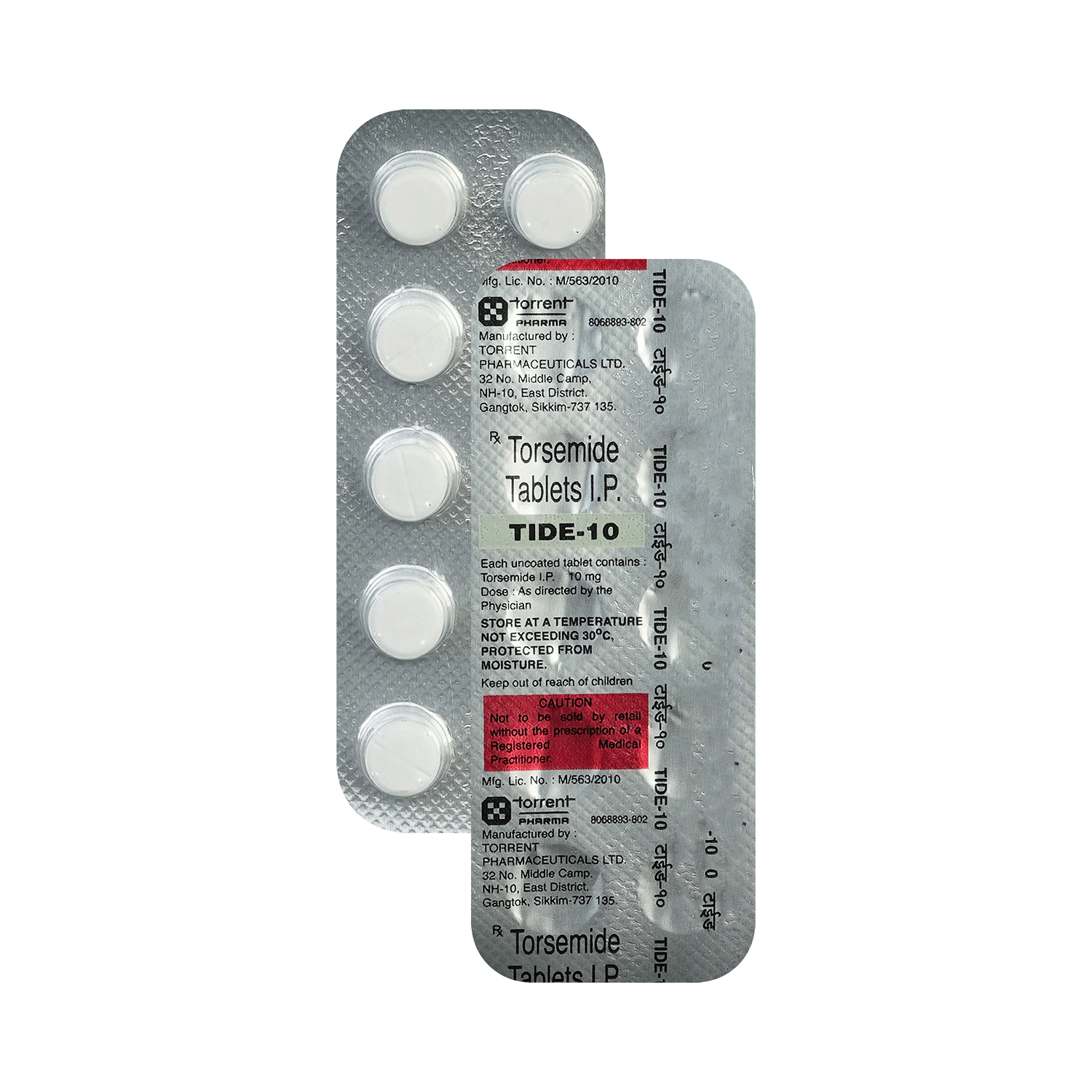
Tide-10 Tablet
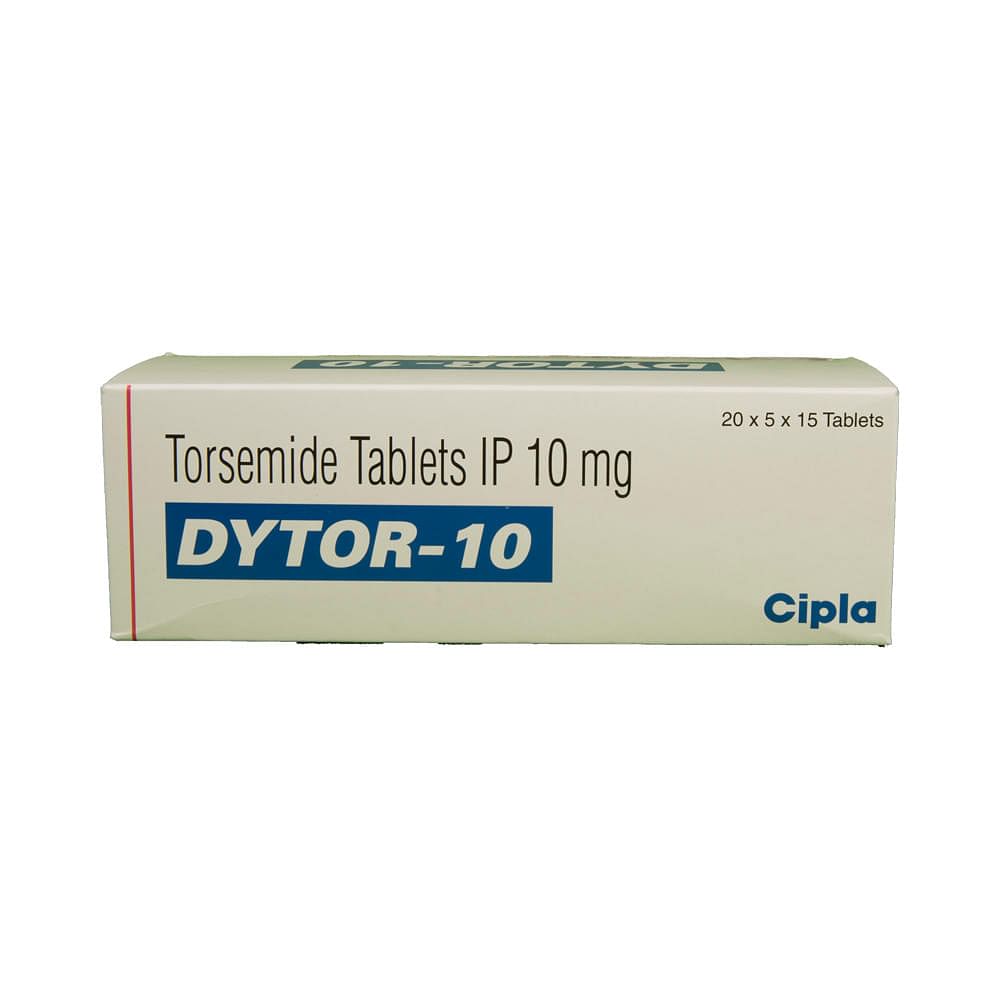
Dytor-10 Tablet
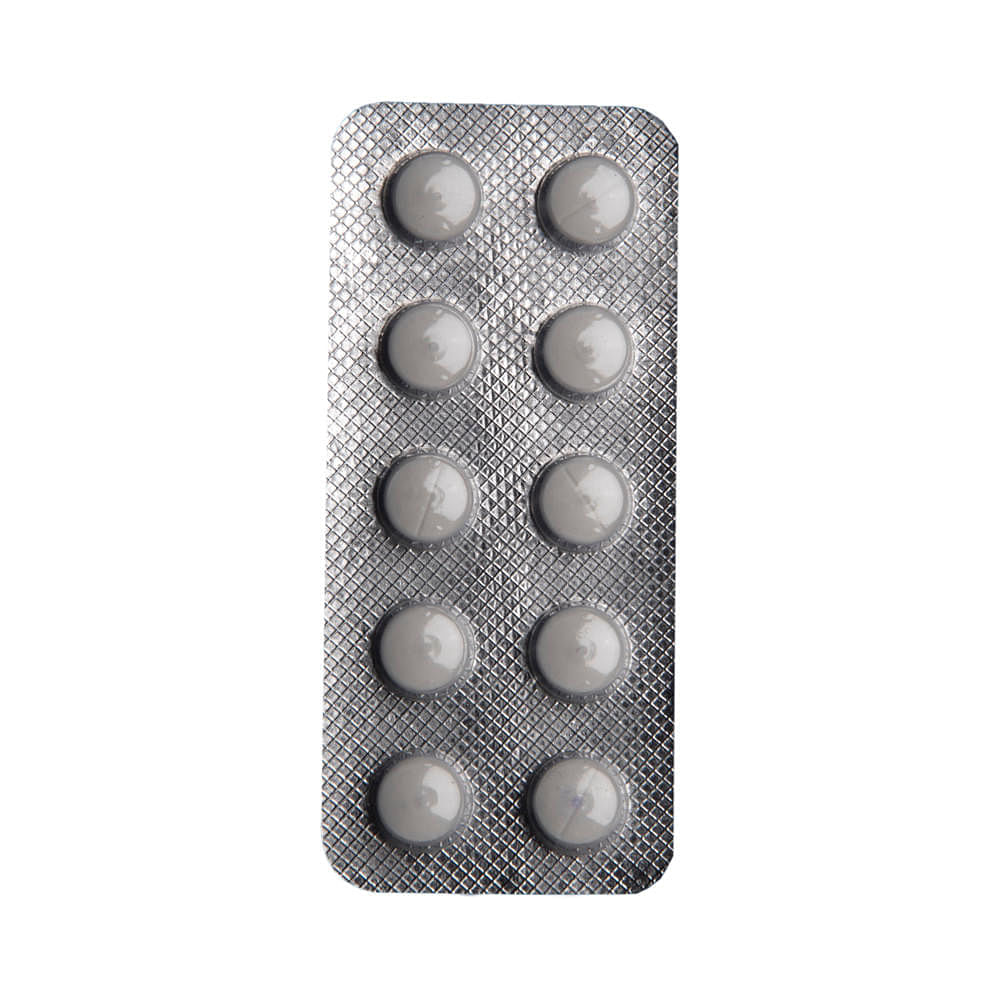
Torget 10 Tablet
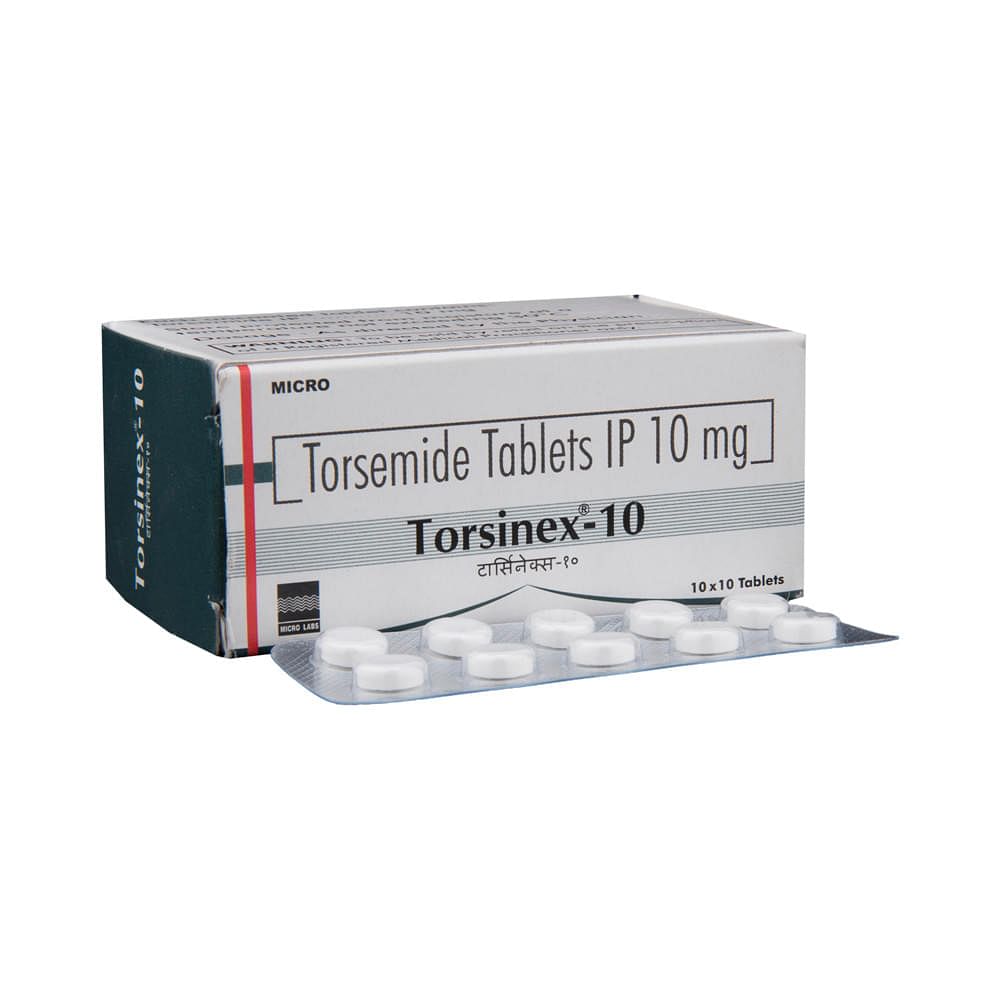
Torsinex-10 Tablet

Torsid 10 Tablet

Retorlix 10mg Tablet

Torley 10mg Tablet
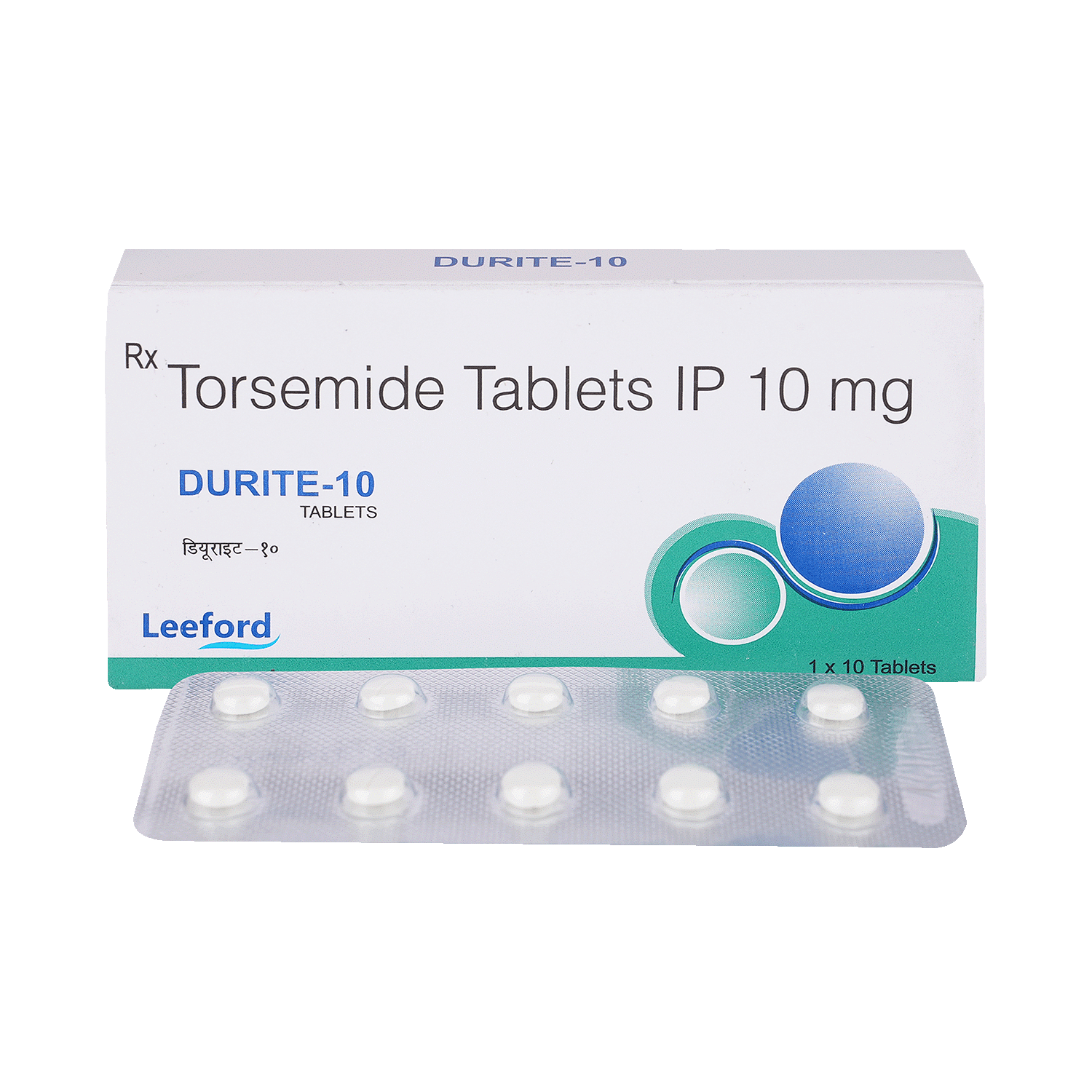
Durite 10mg Tablet

Trmide 10mg Tablet

Tormis 10mg Tablet
Frequently asked questions
Does Diurator 10mg Tablet raise blood sugar?
Yes, Diurator 10mg Tablet may raise blood glucose levels, leading to hyperglycemia. Regular monitoring of blood glucose levels is essential during treatment with this medication.
What are the side effects of Diurator 10mg Tablet?
Common side effects of Diurator 10mg Tablet include headache, dizziness, dehydration, constipation, decreased blood pressure, and stomach upset. Serious side effects may involve dehydration and electrolyte imbalance, rapid or excessive weight loss, vomiting blood, chest pain, difficulty breathing or swallowing, blisters or peeling skin, hives, rash, and itching. Seek immediate medical attention if these symptoms occur.
Does Diurator 10mg Tablet increase creatinine?
Yes, Diurator 10mg Tablet can cause a mild increase in creatinine levels. This effect is more pronounced with long-term usage of the medication. However, creatinine levels tend to return to their baseline after discontinuing treatment.
Does Diurator 10mg Tablet cause loss of potassium?
Diurator 10mg Tablet may not directly cause potassium loss but can indirectly lead to potassium depletion due to dehydration. This dehydration can also result in the loss of sodium, calcium, and magnesium.
My blood pressure is controlled now. Can I stop taking Diurator 10mg Tablet?
Do not discontinue Diurator 10mg Tablet without consulting your doctor. Abrupt cessation might not fully manage your blood pressure but may impact its control, possibly leading to a relapse in the condition.
How should Diurator 10mg Tablet be taken?
Take Diurator 10mg Tablet exactly as prescribed by your doctor. It is generally recommended to take it once daily, preferably at the same time each day. You may experience frequent urination with Diurator 10mg Tablet, so consider taking it in the morning.
Is Diurator 10mg Tablet stronger than furosemide?
Both Diurator 10mg Tablet and furosemide share similar safety and effectiveness profiles. However, Diurator 10mg Tablet boasts a prolonged duration of action compared to furosemide, with the effect starting within an hour of ingestion.
How long does it take for Diurator 10mg Tablet to show its effects?
Diurator 10mg Tablet starts working within an hour after oral intake and provides an effect that lasts approximately 6-8 hours when taken orally.


